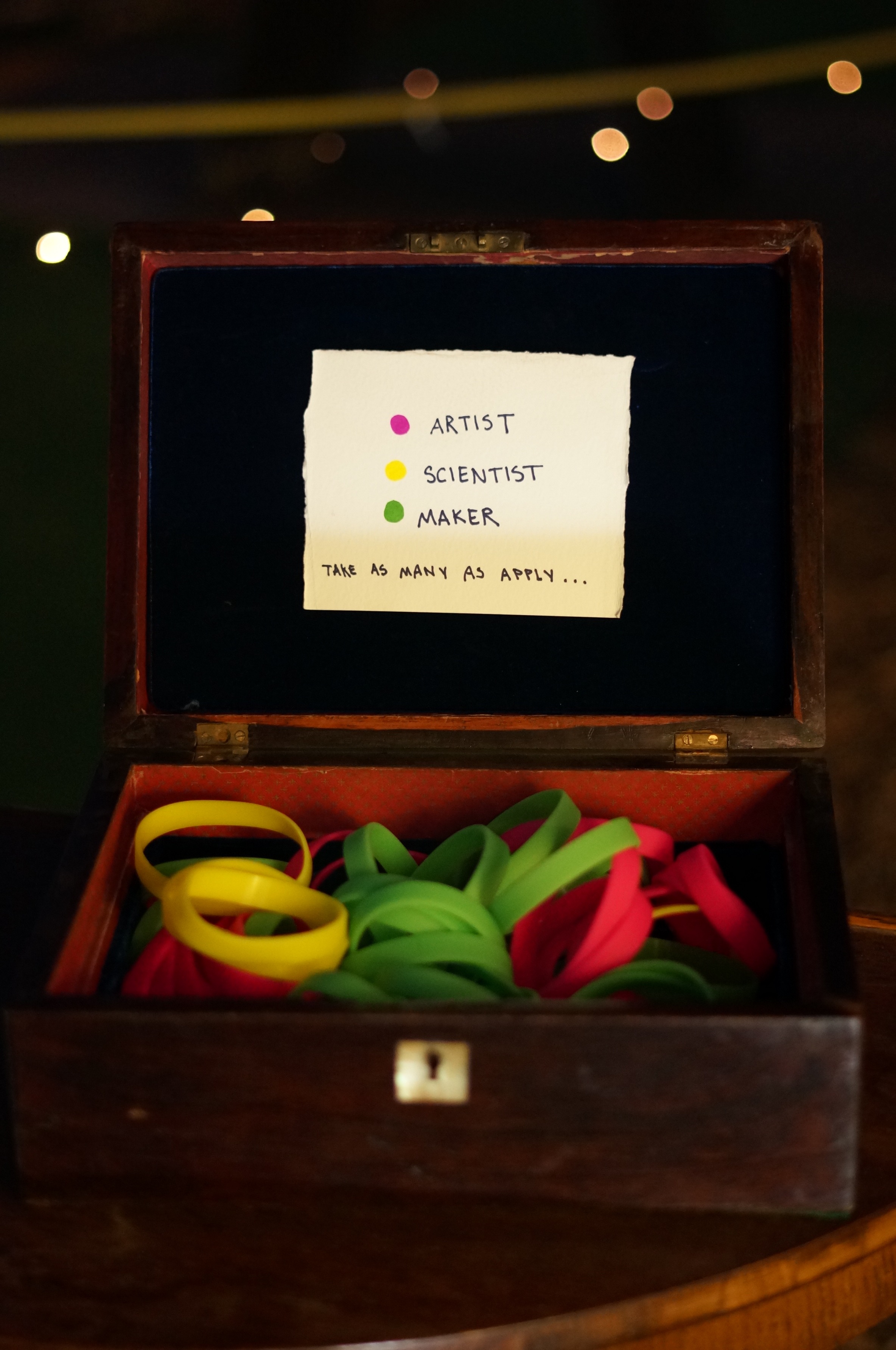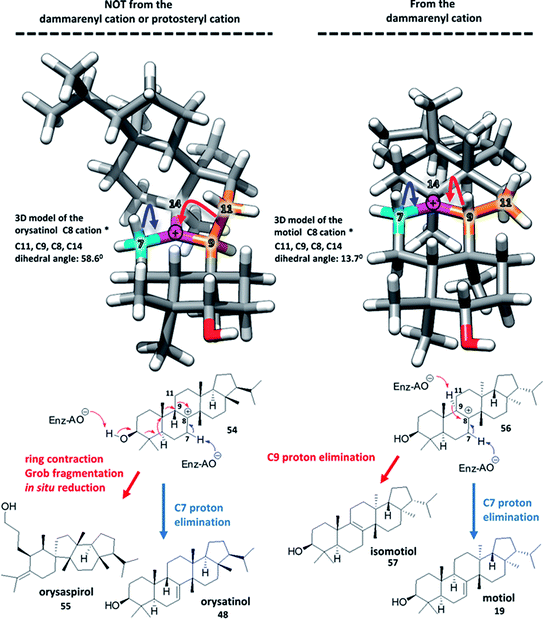For this year's Cambridge Science Festival, Alex Ting (Cambridge OpenPlant coordinator) teamed up with Biomakespace, SciArt in Cambridge, and independent events producer Sophie Weeks to host The Art & Science Soirée. The event brought together scientists, engineers, artists and designers engaged in DIY science for an exciting evening of speed meets, snap-talks, hands-on demos, and unexpected encounters.
The event opened with slam poetry by Peter Bickerton (Science Communicator, Earlham Institute) followed by a talk by Jim Ajioka (Co-founder, Colorifix) and Giulia Tomasello (Interaction Designer specialising in women's healthcare.) Inside the house, Biomaker Challenge teams exhibited their low-cost, open-source projects. The aim of the event was to provide inspiration for open science projects (talks and demos), showcase the tools available to pursue such projects (Biomaker Challenge), and highlight a community-access space for biology and prototyping (Biomakespace). We hope that the event will inspire and provide an avenue for artists, designers, and other non-scientists to get involved in open science.
Photos of the event can be found here: https://www.flickr.com/photos/synbiosri/albums/72157679436063798

![[Closes 24 Nov 2107] Apply now to the OpenPlant Fund!](https://images.squarespace-cdn.com/content/v1/54a6bdb7e4b08424e69c93a1/1509564315902-TUO4I6QRWI9TT8UGSIAJ/OpenPlantTwitter_400x400+%281%29.jpg)

![[Closes 7 Mar 2017] OpenPlant Research Associate (Haseloff Lab)](https://images.squarespace-cdn.com/content/v1/54a6bdb7e4b08424e69c93a1/1486552818859-FH76MCA8SMFU93WB85RX/OpenPlantTwitter_400x400.jpg)




